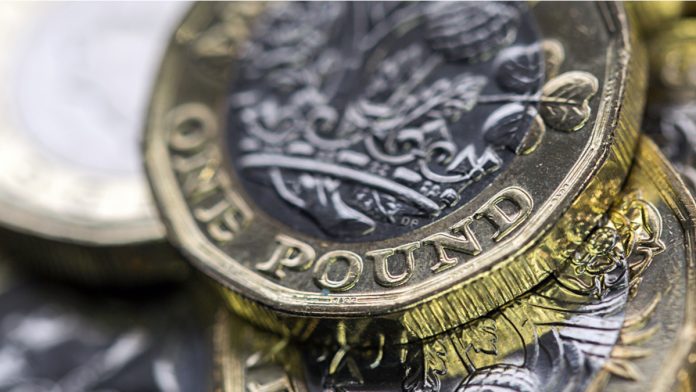Concerns over Brexit and a lack of encouraging data has meant that the pound reached fresh nine month lows versus the euro in the previous session. The pound euro exchange rate plummeted to within a breath of €1.10, before rebounding to its current level of €1.1065.
Despite a slight bounce in the previous session, the pound is still trading at levels last seen in October, when fears of a hard Brexit first surfaced at the Conservative Party Conference. Nine months later and there is still no clarity as to the deal the UK will achieve in Brexit and this uncertainty is keeping demand for the pound weak.
Whilst the split in the cabinet remains over significant issues surrounding Brexit, the banking watchdog has weighed in on the debate. The watchdog is strongly pushing for a smooth Brexit, warning of the risks associated to a Brexit without a transitionary period.
</table class=”table table-bordered”>Added to this the deputy governor of the Bank of England (BoE) has come forward with his starkest warning over Brexit. This comes following a recently completed audit of a worst-case contingency plans by banks and insurers. The audit highlighted fears of increased cost and complexity to business if companies were to lose their EU “passports” without time to adjust to the changes. The next step will be to analyse whether the joint execution by the companies of these worst case plans (such as moving the business abroad) could put Britain’s financial stability at risk.The pounds ability to stage and maintain any form of meaningful rebound will depend heavily on sentiment surrounding Brexit developments.German trade data disappointed euro tradersEurozone data is having an uncharacteristically off the mark week. Germany missed analyst forecasts with its industrial production data earlier in the week. Then once more, in the previous session, Germany’s trade balance also came in short of expectations.The trade balance is the difference between imports and exports. Germany is Europe’s biggest economy and an export orientated economy so the data can give an insight into pressure on the value of the euro. The euro is currently very strong against the pound, and also other peers such as the dollar. The strength of the euro can make German exports appear expensive to buyers with other currencies, which can slow demand for German exports. Weaker than expected data usually weighs on a currency’s value, which would explain the decline in the value of the euro.</table class=”table table-bordered”>
| Why is a smooth Brexit good for the pound? |
|---|
| A smoother Brexit would be a scenario in which the economic consequences of leaving the European Union are minimised. This is favourable for the pound because the less the Brexit impact on the economy, the more likely that foreign investors will remain interested in the UK. Foreign investors need sterling to invest in the country and so the more GBP is purchased, the higher the demand and, thus, an increase in the currency’s value. |
| Why does poor economic data drag on a country’s currency? |
| Slowing economic indicators point to a slowing economy. Weak economies have weaker currencies because institutions look to reduce investments in countries where growth prospects are low and then transfer money to countries with higher growth prospects. These institutions sell out of their investment and the local currency, thus increasing supply of the currency and pushing down the money’s worth. So, when a country or region has poor economic news, the value of the currency tends to fall. |
This publication is provided for general information purposes only and is not intended to cover every aspect of the topics with which it deals. It is not intended to amount to advice on which you should rely. You must obtain professional or specialist advice before taking, or refraining from, any action on the basis of the content in this publication. The information in this publication does not constitute legal, tax or other professional advice from TransferWise Inc., Currency Live or its affiliates. Prior results do not guarantee a similar outcome. We make no representations, warranties or guarantees, whether express or implied, that the content in the publication is accurate, complete or up to date. Consult our risk warning page for more details. This article was initially published on TransferWise.com from the same author. The content at Currency Live is the sole opinion of the authors and in no way reflects the views of TransferWise Inc. |





